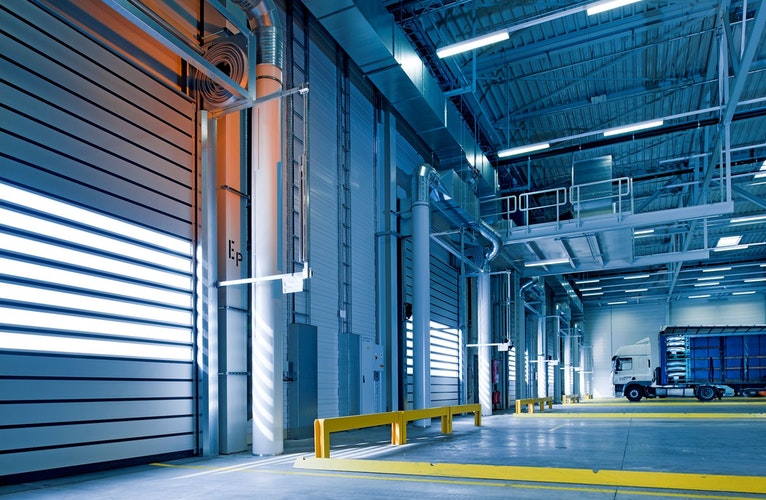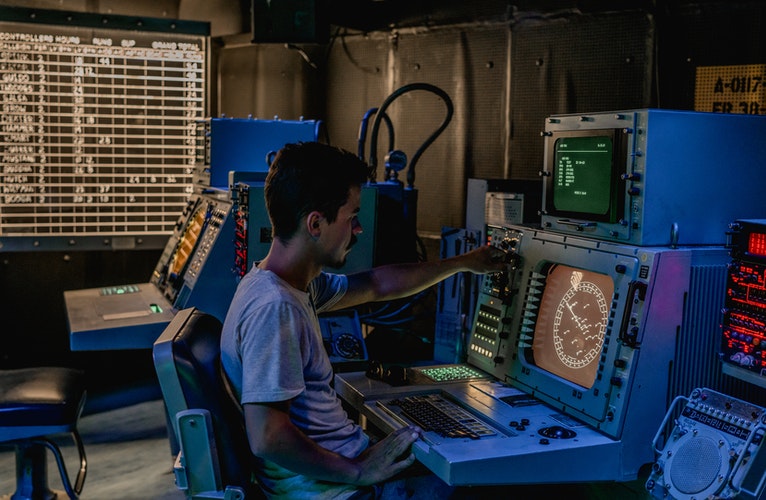How Has The Cruise Industry Evolved

With cruises a popular choice amongst many holiday makers. It is interesting to see just how the industry has evolved from the days of early transportation to the multimillion pound leisure industry it now is. There have been many milestones during the growth of the industry which has pushed the boundaries of what is possible aboard a ship further and laid foundation for what was to become one of the must relaxing, luxurious holiday options available.
The wealth that the industrial revolution brought with it, combined with the good service and shorter transfer times of early trans-Atlantic flights, allowed passengers to arrive and spend more time at their destination. This brought about a steady decline in the demand for ship crossings. However by the time of this ‘air revolution’ cruise companies had already established a cruise model.
During the 1980’s cruise companies pioneered the idea of travelling for pleasure not just for purpose. It was still in the interest of the passengers to get to their destination, but the idea was to enjoy the journey as well. Ships became an ever more pleasurable place for passengers to spend time.
The cruise industry has evolved at a tremendous rate since the early days of cruising and offers unparalleled comfort. Cruise operators spend huge amounts on researching and developing what their current and potential customers want. Removed, from the old standards, of providing just a space on a ship, today’s liners provide Individual high quality living spaces. Cabins have evolved to be as stylish and comfortable as some of the world’s top hotels. Private bathrooms, Minibars and music systems are standard on most ships. In addition to this, individuals required to be contactable at any time are able to stay connected using sophisticated satellite broadband links.
Entertainment, equally, has also been included in the evolution of the cruise. Theatre, shows, ballrooms and casinos are all common place. Those looking for active pursuits are also catered for on today’s cruise ship with activities such as rock climbing, ice skating and even wave simulators.
With the evolution of ships into floating hotels comes a structure and network of cutting edge technology that keeps these huge vessels afloat. One of the earliest changes that accelerated the industry was the change in materials used to build propellers and hulls which laid a much sturdier foundation. Competition amongst cruise lines also pushed design and build forward at a great pace. Larger, faster ships were commissioned and lavish, luxurious designs of living spaces became an industry standard. This pushed the boundaries of marine physics and technology to new great heights, not too mention the perception of cruising.
With growing concerns about carbon emissions and the environment, the cruise industry are making strives to implement technology to help vessels reduce pollution. Advancement in the design of propulsion systems, cleaner fuel and reductions in weight has resulted in ships that consume less fuel. This eco-friendly knowledge, only adds to a complete relaxation and indulgence of a cruise holiday.
It is clear to see just how the cruise industry has evolved over the years. Technology has paved the way for large, more manoeuvrable, robust vessels. Whilst modern lifestyles and living, have created facilities to match those of international hotels. Whether it’s sending an email off the coast of Alaska or rock climbing at 100ft above sea level. Anything is now possible onboard a grand modern cruise ship.









